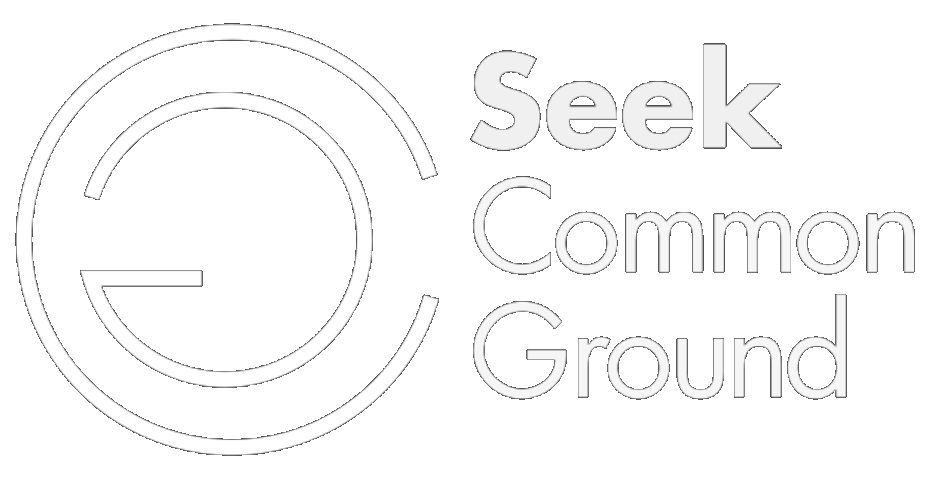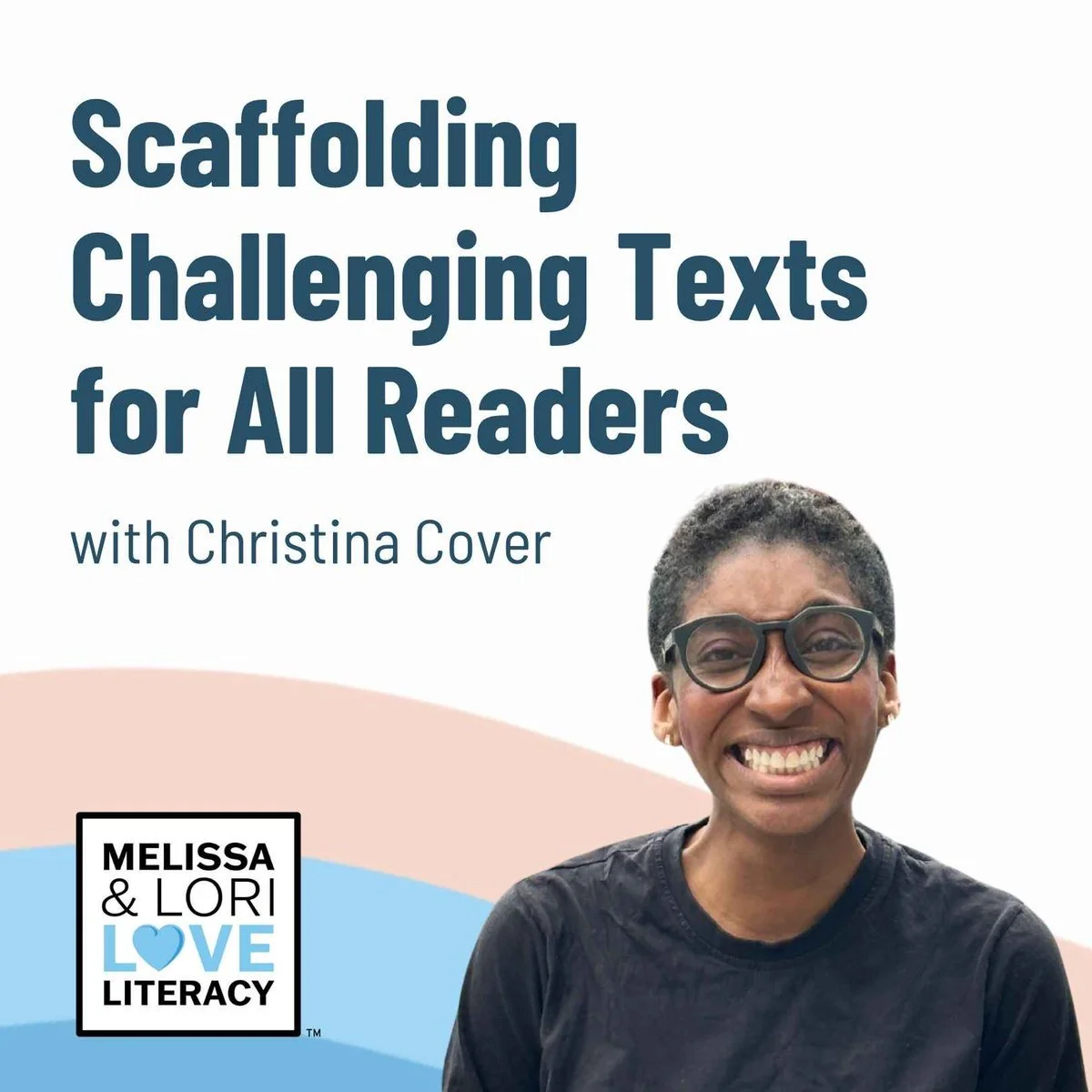Project for Adolescent Literacy
Over the past ten years, literacy and reading instruction has received renewed attention. As of the end of April 2024, an Education Week analysis showed that 38 states and the District of Columbia have passed laws or implemented new policies related to evidence-based reading instruction since 2013. The new state policies cover a mix of items such as curriculum, educator professional development, testing, and screenings for dyslexic students leading many districts and schools searching for better curricula, professional development, and strategies around improving literacy.
Interestingly, nearly all the focus has been on early readers and improving practices and student outcomes in early grades (K-2) or, at most, elementary school (K-5). Far less attention has been paid to the challenges of adolescent students not yet reading at grade level, many of whom are Black, Brown and/or economically disadvantaged.
The Project for Adolescent Literacy (PAL) will draw attention to this important gap in the current literacy conversation. Created by educators to support educators who are working with older struggling readers, PAL will identify what works (materials, curricula, strategies, and supportive policies), and begin to tell the stories of educators and students who have seen success.
If you’d like to stay up to date on the Project for Adolescent Literacy, want to be part of our learning community and/or share your examples and experiences, please email PAL@seekcommonground.org.
Upcoming Projects
We are currently working on a PAL Road Map for how teachers can accelerate adolescent literacy in their classrooms and schools! Coming in 2026!
Resources
We are happy to have this work be referenced. If you do refer to this report in your work, please use the following citation:
Boyd, S., Brown, J. B., Crist, K., Cover, C., Manandhar, R., Quintero, C., York, T. (2025). Phase I Project for Adolescent Literacy Project Report. Seek Common Ground. https://seekcommonground.org/pal
For in-text citations, please use: Boyd et al. (2025). Phase I Project for Adolescent Literacy Project Report. Seek Common Ground. https://seekcommonground.org/pal
PAL Videos
PAL STEERING COMMITTEE
Julie Burtscher Brown
Dr. Brown is the founding teacher of the first public high school structured literacy program in her home state of Vermont. Julie has held a variety of roles, including Structured Literacy Teacher, Literacy Facilitator, Multilingual Learner Coordinator, and Special Educator for Mountain Views Supervisory Union in Woodstock, Vermont. For the past ten years, Julie has taught structured literacy and writing for secondary students and their teachers. She holds an M.S.Ed. in Language and Literacy from Simmons College and an Ed.D. in Reading Science from Mount St. Joseph University. She has had the honor of sharing her secondary literacy work at national conferences, podcasts, and webinars for organizations such as the Reading League and PATTAN Literacy. Julie’s students are her inspiration.
Christina Cover
Christina Cover is the Seek Common Ground Project Lead for the Project for Adolescent Literacy. Christina is a Special Education teacher and the Literacy Coordinator at a public high school in the Bronx. As Literacy Coordinator, she leads a Structured Literacy program created to provide science of reading-aligned literacy instruction and interventions for 9th grade students. Before starting work as a teacher, she worked as a Seek Common Ground Fellow and as Communications Coordinator in the office of Assembly Member Khaleel M. Anderson and also served with the AmeriCorps program City Year. She earned her B.A. in Communication Sciences and Disorders from CUNY Queens College, an M.A. in Intellectual Disabilities/Autism and dual teaching certification in English Language Arts and Special Education (7-12) from Teachers College, Columbia University, and an Advanced Certificate in Reading Science and Literacy (All Grades) certificate from CUNY Brooklyn College. Outside of teaching, Christina is part of community organizing work as a member of her local Community Board and a member of Bronx/Upper Manhattan’s branch of New York City Democratic Socialists of America.
Kate V. Crist
An educator in the field for over 20 years, Kate. V. Crist is dedicated to equitable literacy outcomes for secondary students. Kate started teaching high school history in 2004 in the San Francisco Bay Area and since then has held a variety of roles in districts and education non-profits: program coordinator, instructional coach, professional learning director, senior literacy designer. Kate has had the privilege of working with a variety of leading educational organizations such as: StandardsWork, UC Berkeley History-Social Studies Project, Achieve, OCTAE, Lexia, Student Achievement Partners, and UnboundEd. Kate earned her Master of Arts in teaching at University of San Francisco and Bachelor of Arts at University of California Santa Cruz. In her personal life, Kate enjoys spending time in the beautiful wilderness of the Eastern Sierras with her husband and two children.
Rachel Manandhar
Rachel Manandhar is an Education Specialist focused on increasing educational equity through literacy instruction and intervention at the high school level. Over the past 20+ years, Rachel has had the joy and privilege of working with students from diverse cultural, linguistic, and socio-economic backgrounds in urban public school special education programs. She earned her B.A. in Socio-Cultural Anthropology from Brown University, M.Ed. from Lesley University, and Reading Instruction Certificate from UCSD Extended Studies. Rachel’s current work at Berkeley High School focuses on providing reading and writing intervention to students with dyslexia and language-based learning disabilities, leading professional development on adolescent literacy, and collaborating with colleagues across grade levels and content areas to share evidence-based instructional practices. Outside of school, Rachel enjoys reading and listening to podcasts about literacy endlessly while spending time in the hills and on the beach with her husband, kids, and big dog, Ollie.
Tinaya York
Dr. York’s vision is simple- Schools where all students learn to read and understand increasingly complex texts and ideas. Her main ingredients for success are authenticity, care, research, and collaborative meaning-making. Dr. York has been an educator with Chicago Public Schools for over 20 years as a teacher, literacy coach, curriculum manager, instructional support leader, director of elementary schools for the Office of Network Supports, and most recently, assistant principal and principal. In each role, she has raised the literacy skills and achievement of children K - HS, particularly Black and Brown children. As a school-level leader, Dr. York focused on improving student achievement through strategic planning and building teachers’ capacity to lead the instructional work of the school. Her expertise includes coaching, enhancing the literacy skills and achievement of Black and Brown adolescents, instruction, and creating and facilitating effective professional development. She enjoys family, reading, writing, laughing, and riding her motorcycle.
Media Mentions
Scaffolding Challenging Texts for All Readers with Christina Cover
PODCAST: Christina Cover joins the Melissa & Lori Love Literacy podcast.
7 Curriculum Trends That Defined 2024
ARTICLE: Sarah Schwarts writes about PAL for EdWeek.
What Teachers Say They Need Most to Help Struggling Teen Readers
ARTICLE: Sarah Schwartz writes about the PAL webinar for EdWeek.
New Study: Many Older Students Struggle to Push Beyond Reading ‘Threshold’
ARTICLE: This article from the 74 features Julie Burtscher Brown and the Project for Adolescent Literacy.
Reading Interventions for Older Students May Be Missing a Key Component
ARTICLE: This EdWeek article written by Sarah Schwartz features the work of Seek Common Ground’s Project for Adolescent Literacy.
Teachers Say Older Kids Need Help With Basic Reading Skills, Too
ARTICLE: Authored by Sarah Schwartz, this EdWeek article features Seek Common Ground’s Project for Adolescent Literacy.
Many Students Struggle to Read Beyond Third Grade
ARTICLE: This Substack article from Natalie Wexler features Seek Common Ground’s Project for Adolescent Literacy.
The Project for Adolescent Literacy is supported by the Barr Foundation.














